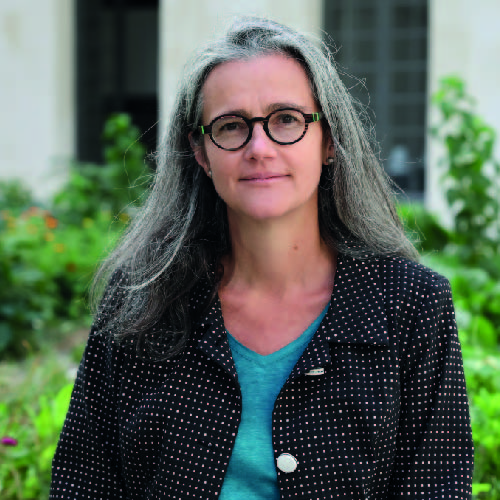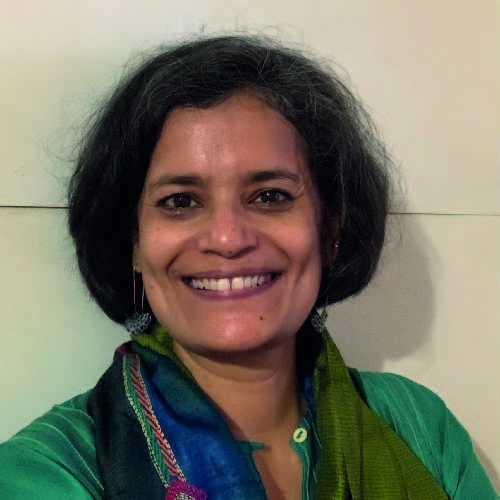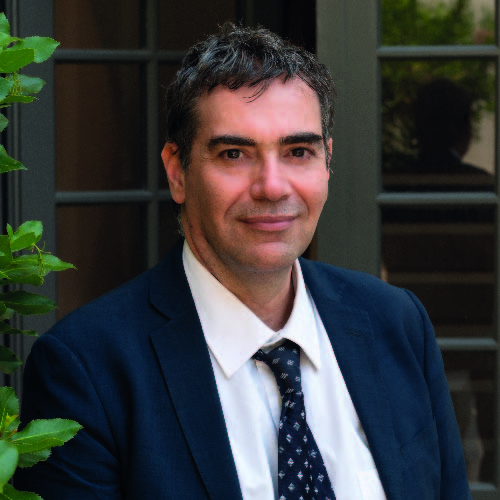AESOP 2024 ANNUAL CONGRESS | ROUNDTABLES
36th AESOP Annual Congress 2024 Paris, France
“GAME CHANGER? Planning for just and sustainable urban regions”
New Geographies of Logistics. Power, Planning and Policy Tools
Organizers :
- Simonetta Armondi, DAStU - Politecnico di Milano
- Fabiano Compagnucci, Gran Sasso Science Institute (GSSI)
- Carlo Salone, DIST- Politecnico e Università di Torino
Speakers:
- Laetitia Dablanc, University Gustave Eiffele Ravetz
- Markus Hesse, University of Luxembourg
- Ward Raws, University of Groningen
- Tom Daamen, TU Delft
The unprecedented expansion of logistics is one of the processes in which the reorganization of capitalism on a global scale is reflected in the spatial dimension. The surge in logistics facilities is a central component in the process of regional urbanisation, with global city-regions supplanting global cities as cores of the global economy (Scott, 2001). Here, logistics is developed by coalitions of governmental and nongovernmental actors across multiple scales with a common interest in economic growth (Raimbault, 2022). Due to its non-neutral role in territorial development (Hesse, 2020) and the lack of spatial regulation policies, uneven geographies and power imbalances arise, leading to negative externalities and conflicts with the local communities. The spatial transformation entailed by logistics is a part of a broader ‘turn’ of urban studies beyond the distinction between urban and non-urban, now considered unfit to grasp the multiple aspects of these new spatialities (Brenner, 2014; Angelo and Wachsmuth, 2015). Such phenomena as logistics development are rather seen as complex assemblages of ‘soft spaces’ characterised by fuzzy governance mechanisms (Allmendinger and Haughton, 2009), often bringing into the spotlight apparently distant and economically peripheral territories.
On these premises, the roundtable reflects on the spatialities of logisticsand its social and economic implications, power relations, and connections to planning in European urban regions (Dablanc, 2023), also in relation to the recent global turbulence. The focus of the roundtable is twofold. First, we aim to explore the logistics through the lens of urban theory, chiefly in relation to the notions of operational landscapes (Brenner and Katsikis, 2020) and infrastructure-led development (Kanai and Schindler, 2021). Second, we wish to discuss the analytical tools developed within urban geography, spatial planning and governance for a comparative study of logistics (Nefs and Daamen, 2022), to engage with the challenges the development of logistics platforms and related infrastructure poses for urban policy.
Keywords: logistics urbanization; logistics governance; growth coalitions; spatial justice; operational landscapes
LOC
The Local Organising Committee













